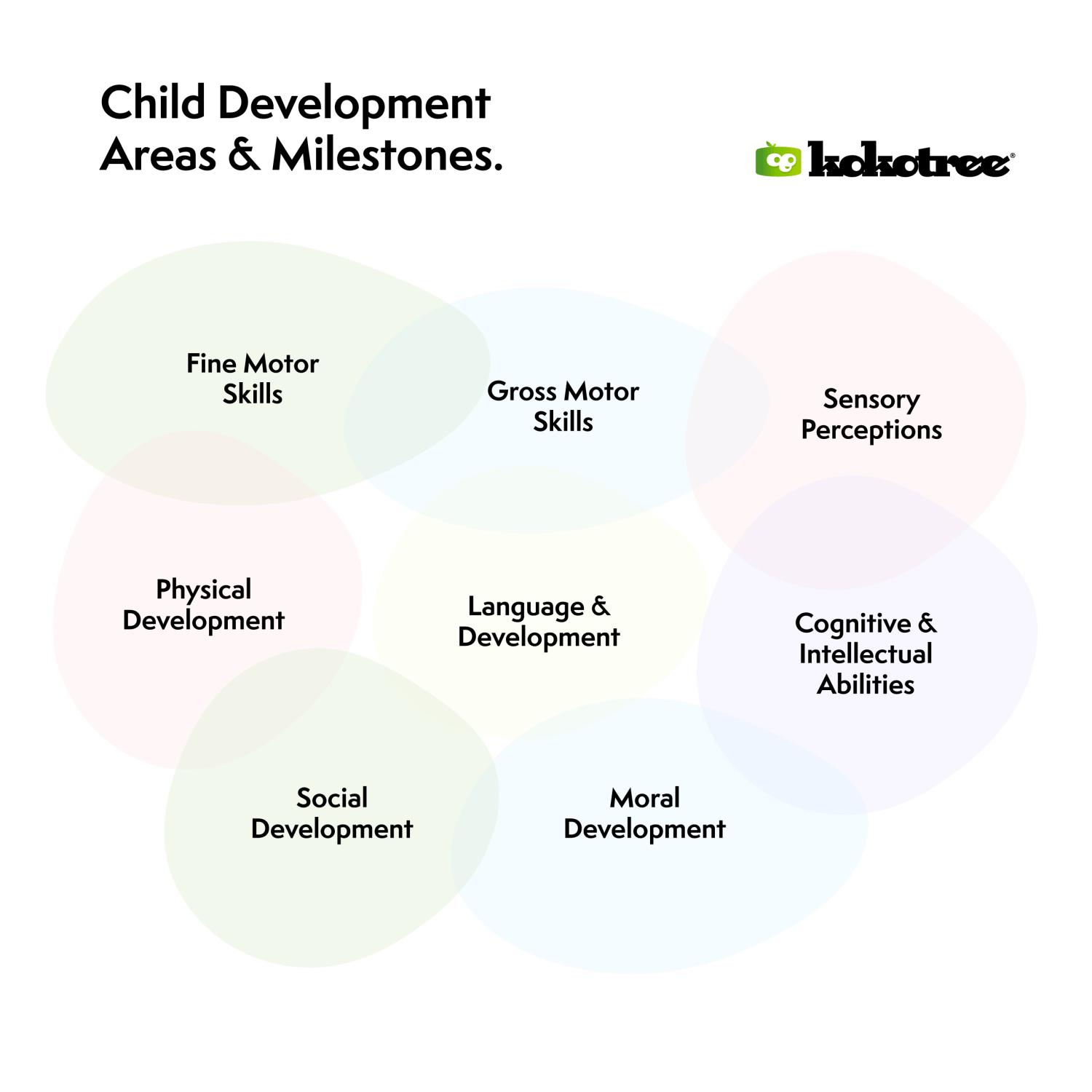

Understanding child development milestones is vital for every parent. It provides a roadmap, guiding parents on what to expect at different stages of their child’s growth. While these milestones serve as a reference, it’s essential to remember that every child is unique, developing at their own pace. Milestones are helpful guidelines, but they aren’t strict rules.
Developmental milestones indicate specific functional skills children typically achieve by certain ages. They offer insights for professionals and parents alike, assisting in determining if a child is developing typically or might require some additional support.

Physical development during the preschool years is a blend of rapidly developing motor skills and increasing independence. As children grow, they transition from toddling to coordinated movements. This evolution is noticeable as they start engaging in various activities that require both fine and gross motor skills, from catching a ball to doodling with crayons. It’s a period where their world expands as their physical capabilities flourish.
Cognitive development encompasses a child’s evolving capability to think, understand, reason, and remember. During preschool age, their brains are incredibly active, absorbing information from their environment like sponges. This period sees them shift from a largely intuitive understanding of their surroundings to a more analytical and logical interpretation. Their blossoming problem-solving abilities and growing memory play crucial roles in their everyday interactions and learnings.
Language is the bridge connecting children to the world around them. In the preschool years, the foundation laid in their earlier years begins to flourish. Their vocabulary expands dramatically, and their sentences become more complex. Beyond just speech, this phase is also about understanding—decoding what’s being said to them, interpreting it, and responding appropriately. This development is essential not just for communication but also for building relationships and understanding emotions.
As preschoolers start to spend more time with peers, either in playgroups or preschool, they begin to understand the importance of social interactions. They learn about sharing, empathy, and the basics of friendship. Additionally, they start to recognize their own emotions and those of others. This period is crucial for building self-esteem, a sense of identity, and understanding social norms and values.
Skills like dressing (except for ties and back buttons), brushing teeth, washing hands, and being toilet trained are often mastered by 4-5 years.
Adaptive skills refer to the essential self-help tasks that individuals perform daily. For preschoolers, this is a phase of burgeoning independence. From wanting to pick out their own clothes to brushing their teeth without help, children in this age bracket are keen to showcase their self-reliance. As they master these skills, they gain confidence, which in turn aids in their overall growth and readiness for the next stages of their life.
While every child develops at their pace, certain signs might warrant professional evaluation. For instance, if a child isn’t speaking in simple sentences by age 4, it could be a reason to seek guidance. Parents should trust their instincts and remember that seeking help is a sign of strength and care.
Every child’s developmental journey is unique and special. Parents are urged to cherish each stage, provide the needed support, and enjoy the incredible journey of growth with their child.



